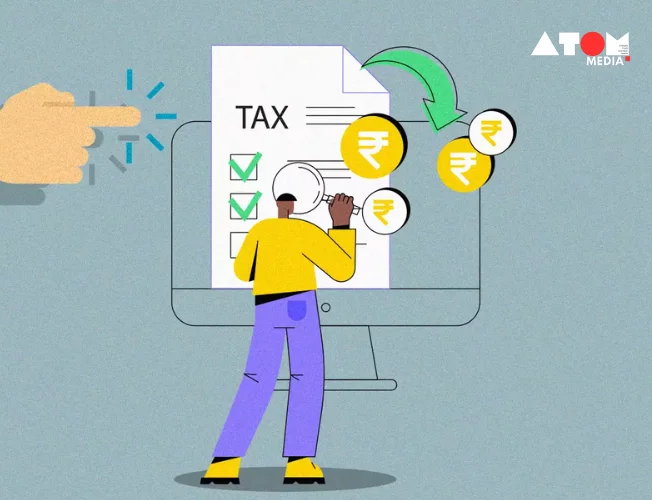A recent reduction in Long-Term Capital Gains (LTCG) tax in India may provide a considerable tax benefit for startup employees holding Employee Stock Option Plans (ESOPs) when they sell their shares. According to experts, employees in secondary transactions—where a third party investor buys the shares instead of the company itself—will benefit most from this move.
What are Secondary Share Sales?
Secondary share sales, also known as ESOP buyouts, are transactions where employees sell their vested ESOP shares to investors during secondary funding rounds. These transactions differ from traditional company buybacks, where the company itself repurchases shares from employees.
The Benefit of Reduced LTCG Tax
The LTCG tax rate on unlisted shares was recently lowered by the Indian government from 20% to 5%. Employees may find selling their ESOPs to be more tax-efficient thanks to this modification, which also applies to secondary share sales.
How Traditional Buybacks Can Affect Taxes
While the LTCG tax reduction benefits secondary share sales, traditional buybacks by the company itself can still result in higher tax burdens for employees. In such cases, the payout is treated as a dividend and taxed at a rate of 30% plus surcharge and cess.
Recent Examples of Secondary Share Sales
Several Indian startups have conducted secondary share sales in recent months, providing liquidity to employees. These include:
- Swiggy: The food delivery platform offered an ESOP liquidity program allowing employees to sell shares for up to ₹5 crore.
- Urban Company: The home services marketplace announced its largest secondary sale of employee stock, worth ₹203 crore.
- Meesho: The e-commerce firm conducted an ESOP buyback program worth ₹200 crore, where investors purchased stock options from employees.
- Other companies like Zomato-backed test prep platform Adda247, Global-funded MyGate, and Premji Invest-backed D2C brand The Good Glamm Company have also conducted secondary share sales.
Impact of Indexation Removal on Tax Benefit
Tax experts caution that the full benefit of the LTCG tax reduction may not be universally applicable. The removal of indexation, which adjusts the cost of acquisition for inflation, may offset some of the tax savings for employees.
The recent reduction in LTCG tax offers a potential tax advantage for startup employees selling shares in secondary transactions. However, the exact tax implications can vary depending on the specific circumstances of each case.
Read more: Marketing News, Advertising News, PR and Finance News, Digital News





